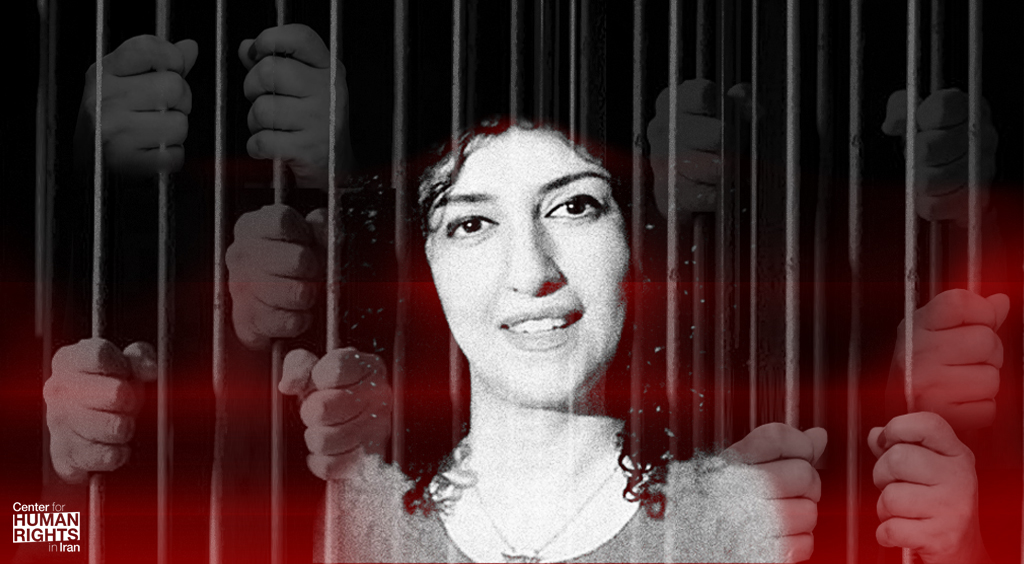Nobel laureate Narges Mohammadi faces security threats in Iran
The life of esteemed Nobel Peace Prize recipient Narges Mohammadi is under threat by Iran’s security services, report activists and the Norwegian Nobel Committee. The threats have emerged in the evolving landscape of Iran’s conflict with Israel, ostensibly as a response to her ongoing vocal stance against Iran’s theocratic rule and women’s rights issues, according to the committee’s disclosure.
In Mohammadi’s own account, both explicit and implicit threats of ‘physical elimination’ by agents of the regime have been dispatched through her legal counsel and other indirect conduits. This alarming development was also reported by the Free Narges Coalition Steering Committee. This globally recognized group, dedicated to advocating for the 53-year-old laureate, cited the studio of Iran’s Intelligence Ministry as the source of these threats.
To date, there has been a conspicuous absence of any official reaction from the Iranian government to Mohammadi’s recent public outcries. The Iranian mission to the United Nations headquartered in New York has remained similarly unresponsive to a request for comments on this worrying revelation.
This development around Mohammadi coincides with a concerning surge of legal enforcement actions by Iran, including arrests and executions, in the immediate aftermath of its 12-day war with Israel. There are growing fears of an imminent and more severe clampdown targeting human rights proponents and similar such groups.
Throughout the conflict, Mohammadi has been garnering international exposure through a series of media interviews with foreign news outlets. Israel, on the other hand, has escalated its military actions with strikes on targets associated with Iran’s ruling theocracy. As the situation intensified, Mohammadi chose to temporarily leave Tehran in the heat of the Israeli air raids.
Putting forth her perspective on warfare, Mohammadi noted, ‘War does not possess the transformative potential necessary to bring about the intrinsic changes the Iranian people are clamoring for.’ Speaking in recent discussions with the Wall Street Journal, Mohammadi criticized Iran’s governance, describing it as a ‘misogynistic and religious government led by the Supreme Leader Ayatollah Ali Khamenei.’
In her critique, she depicted a grim image of Iran’s current state, encapsulated by her statement that Khamenei’s promises of paradise have led the country into a dark abyss. She didn’t spare Israel’s leadership either. According to Mohammadi, Israeli Prime Minister Benjamin Netanyahu, with his promises of freedom and democracy, is leading us along a similarly disastrous path.
Mohammadi is currently on a medical leave of absence from prison, serving a sentence of 13 years and nine months after being convicted on charges of conspiracy against state security and propagating misinformation against the Iranian regime. Despite these adversities, she continues to maintain her activist stance.
Throughout her ordeal, Mohammadi has persevered in the face of numerous arrests by Iranian law enforcement and has endured many years of confinement. Her determination and resilience can be seen in her continuous support of the nationwide protests spearheaded by women. These demonstrations were triggered by the troubling death of Mahsa Amini in 2022 and feature women bravely defying the government’s hijab mandate.
Mohammadi’s courage in standing up to systemic injustices represents a beacon of hope for those oppressed by the regime. Her principled stand in the face of danger serves as inspiration for fellow activists challenging the state’s authoritarian grip.
The international community watches with concern as the severity of the threats against her escalates. In this moment, Mohammadi represents more than just an individual under threat, but a symbol of resistance against an oppressive regime.
While the Iranian authorities have assumed a posture of silence in the face of these claims, the magnifying global gaze awaits their response. It remains to be seen how they will navigate these circumstances amidst the war pressures and internal unrest.
Despite the existing threats, it appears that Mohammadi is undeterred. Her relentless pursuit of equality and human rights, even in the face of danger, showcases her unwavering belief in the righteous cause she champions.
As Mohammadi’s story unfolds, her fraught journey illustrates the perils activists can face but also their undaunted spirit. Her determination in the face of adversity underscores the high stakes of her mission, and the potentially transformative power of her resistance.
Though the circumstances are dire and fraught with danger, Mohammadi’s journey serves as a powerful reminder of the tenacity of the human spirit when confronted with oppressive rule. She symbolizes not merely an activist, but a beacon of hope for those who aspire for freedom and fundamental human rights in Iran.
The world continues to watch the evolving situation with bated breath, anticipating the impact Mohammadi’s courageous actions will have on the fight for justice and equality in Iran. Her story serves as a poignant testament to the power of resilience and unyielding advocacy, offering inspiration to many who stand against tyranny, regardless of the peril that lies in their path.



